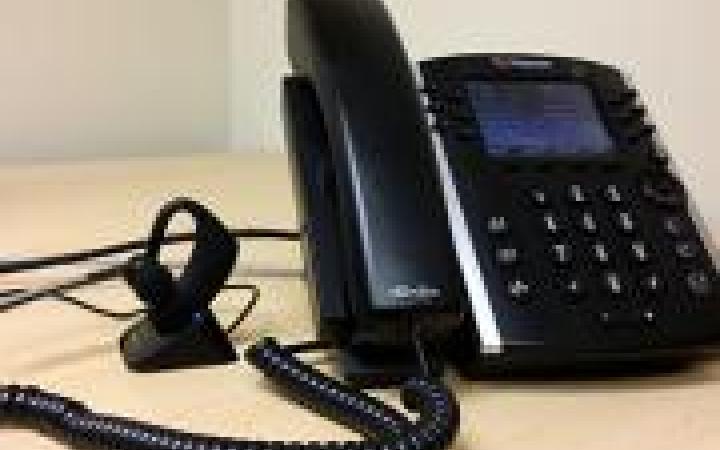June 13, 2017
Beware the Caller

Most people are familiar with spoofed emails – those that purport to be from a trusted institution like a bank or credit card company but are aimed at capturing the recipient's personal information.
There's a new twist: spoofed phone calls.
As described by the Federal Communications Commission: "Spoofing is often used as part of an attempt to trick someone into giving away valuable personal information so it can be used in fraudulent activity or sold illegally.
You may not be able to tell right away if an incoming call is spoofed. Be careful about responding to any request for personal identifying information.
- Never give out personal information such as account numbers, Social Security numbers, mother's maiden names, passwords or other identifying information in response to unexpected calls or if you are at all suspicious.
- If you get an inquiry from someone who says they represent a company or a government agency seeking personal information, hang up and call the phone number on your account statement, in the phone book or on the company's or government agency's website to verify the authenticity of the request.
- Use caution if you are being pressured for information immediately.
- If you have a voice mail account with your phone service, be sure to set a password for it. Some voicemail services are preset to allow access if you call in from your own phone number. A hacker could spoof your home phone number and gain access to your voice mail if you do not set a password.
Read more about this increasingly common occurence:
